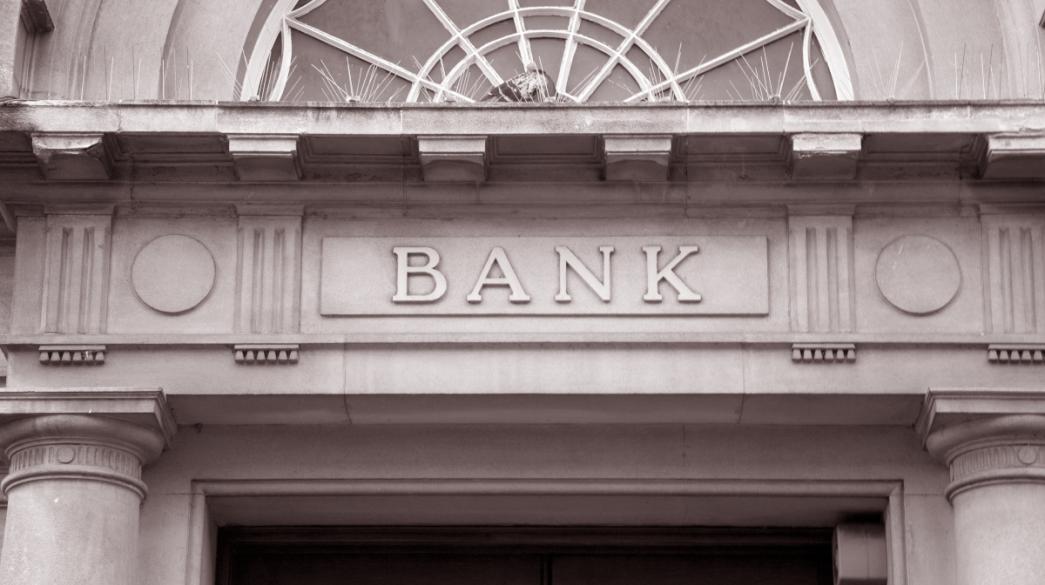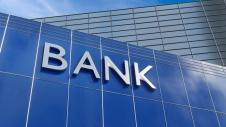Emails, computer files, documents, notes and even the note pads of secretaries of chief executives and other senior officials at Greece's banks and the Hellenic Bank Association were among the items taken by the Competition Commission in an unprecedented raid on lenders yesterday.
Early in the day, in a very well-coordinated operation tens of officials from the Competition Committee raided the head offices of Greece's four systemic banks - Eurobank, Alpha Bank, National Bank and Piraeus Bank - and the Hellenic Bank Association where they copied hard disks belonging to senior officials, checked drawers and cupboards, took documents and other materials, while instructing employees to stay seated at their desks.
It is the first time that an operation of his sort has taken place in Greece, shocking employees, and troubling bank officials who do not believe that the operation was held over hikes in bank charges. The Competition Committee did not inform the banks about the reason behind the operation while its staff had warrants to take information that went beyond its jurisdiction.
From the side of the government, sources say that the state had nothing to do with the raid, and had not been informed about it, adding that the competitions watchdog is an independent authority. However, it is difficult to believe this given that ministers not only spoke publicly about their suspicion of bank collusion but also said that checks were being held by Competition Commission on this.
Concerns high
Commenting on the claim by state sources that the government had nothing to do with the raid, bank officials said that given the way the government has handled the issue of bank fees, it is difficult to disconnect it from the raid.
The recent meeting with the prime minister, statements from Development Minister Adonis Georgiadis about collusion, the warning of an investigation by the Competition Committee and the movie-type raid yesterday created an impressive show even if the government had not intended to do this.
Bank officials also highlight the exceptionally bad image this forms for the country abroad with foreign media reporting about the unusual raid as investors and analysts try to understand what exactly has happened, if any laws have been broken and what all this means for lenders.
Some sources have highlighted that the government, via the Hellenic Financial Stability Fund (HFSF), has a large stake in two of the four systemic banks and could have asked for information, demanded checks or asked the boards in which it participates to review its pricing policy. The HFSF controls 40.39 percent of National Bank, 26.42 percent of Piraeus Bank, 10.96 percent of Alpha Bank and 2.38 percent of Eurobank.
Another area of concern is a large amount of sensitive information taken from banks by the independent authority despite assurances from officials that the materials will be completely sealed.
In regards to talk that banks have done little to reduce fees after meeting with the prime minister, bank officials said that lenders operate within a strict and very specific corporate governance framework with the board of directors taking crucial decisions. The days when the chief executive made decisions as he liked are over and all-important decisions are made by collective bodies.
Questions abound
Even if the government is not involved in this issue, the operation raises lots of questions. Sources familiar with checks conducted by the Competition Committee are skeptical about the results of the raid.
Assuming that there is proof showing that banks agreed to up prices, it is very unlikely to have been located by inspectors.
In these sorts of checks, sources say, the competition watchdog must surprise those being investigated. In this case, the element of surprise had been lost given that it was widely known in the banking industry from September that there is a probe underway on fee setting practices. The Competition Committee had even sent letters to lenders requesting information on the issue.
Banks were further warned about the probe when Georgiadis told parliament last week that an investigation is being held by the committee and that it appears that three of the four banks have implemented the same fees, with the fourth one adopting a slightly different policy.
Given the above, it is very unlikely that banks would have left evidence lying around in their offices (such as letters and messages showing cartel-like practices), if it exists, while waiting for inspectors to find it.
"This investigation has all the making of ending in a fiasco," the source adds.
The Competition Committee's investigation must not only show that bank fees are similar, or have minor differences, as this may arise due to regular behavior among competitors. To prove the very serious charge of price-fixing, the probe must produce evidence of lenders agreeing to determine prices.
YANNIS PAPADOGIANNIS









